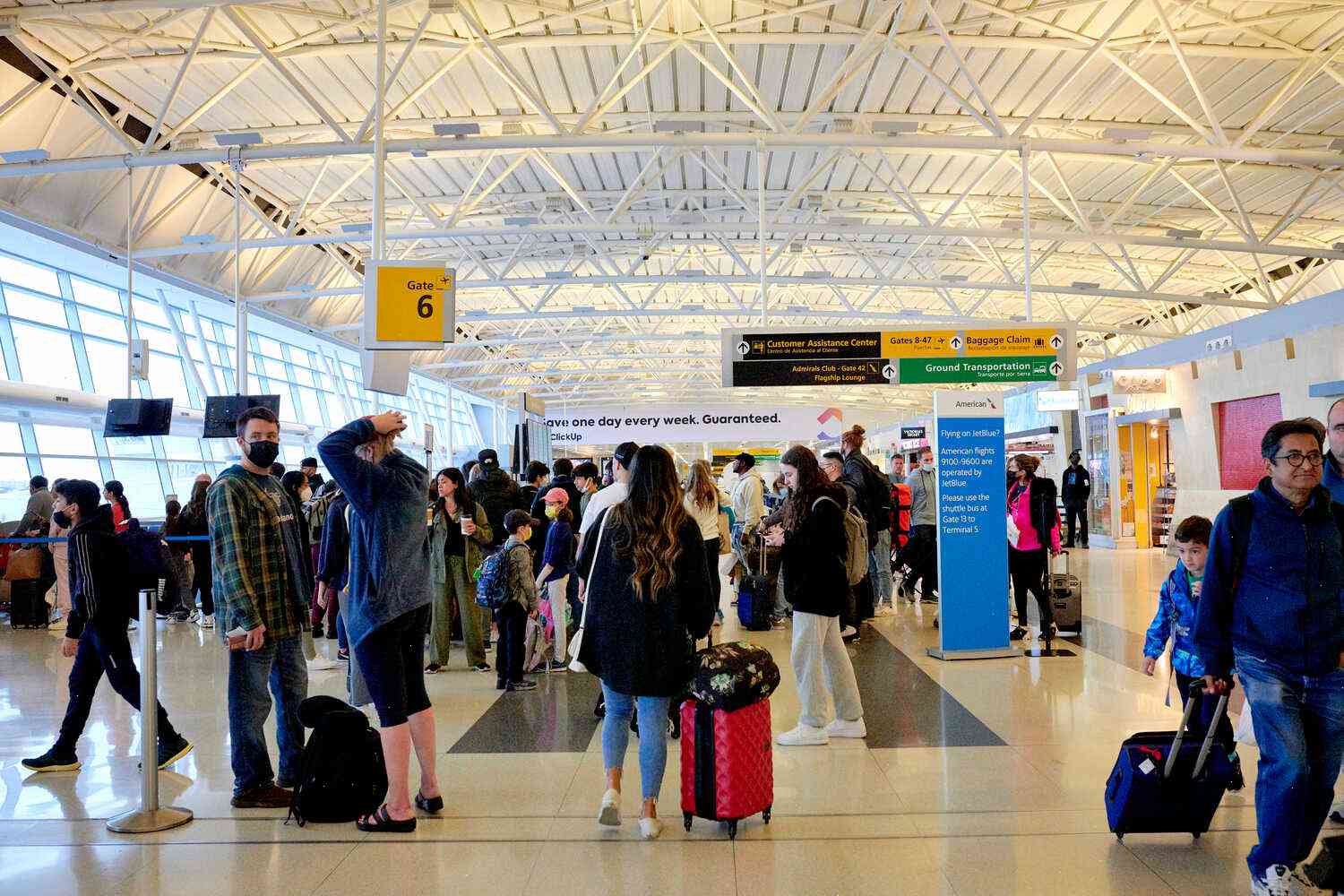Airlines Cash In as Flexible Work Changes Travel Patterns
Flexible work arrangements that allow workers to switch where they work, or change hours
New report shows how companies are adopting changes in work and travel patterns, even in industries like telecoms where the demand for employees is high.
Transcript
The following is a transcript of a report by Paul Lewis that was produced for the Independent in association with the Chartered Institute of Personnel and Development.
The UK economy is on the move—or, in the words of the Bank of England’s chief economist, Mark Carney, it is “in a transition period of unprecedented dynamic change”. But it is still more than 25 years after Thatcher’s first recession and more than 15 years after Britain’s exit from the EU. Even a decade ago, it was clear that the changes would be different.
Economists have long warned that the global economy needed a bit of a reset. In the early 1990s, the world faced the threat of financial breakdown, which was linked to the failure of several big banks.
Then, in 1997, the world faced the threat of a second banking crisis, which was triggered by the collapse of the Japanese banking system. Both crises brought up once more the possibility that in a world economy, finance was the engine the economy ran on.
This week, however, we have reached the moment when the economy is starting to run on quite different fuel. And the transition is not just about moving from one engine to another. It is also about how the economy will change both workers and services—the most important drivers of the economy’s fortunes. In our report, we examine how workers and companies are changing not just working patterns, but also how they travel and where they work. And we look at how companies are responding to the changes.
The most interesting finding of our research is that today the vast majority of firms are

